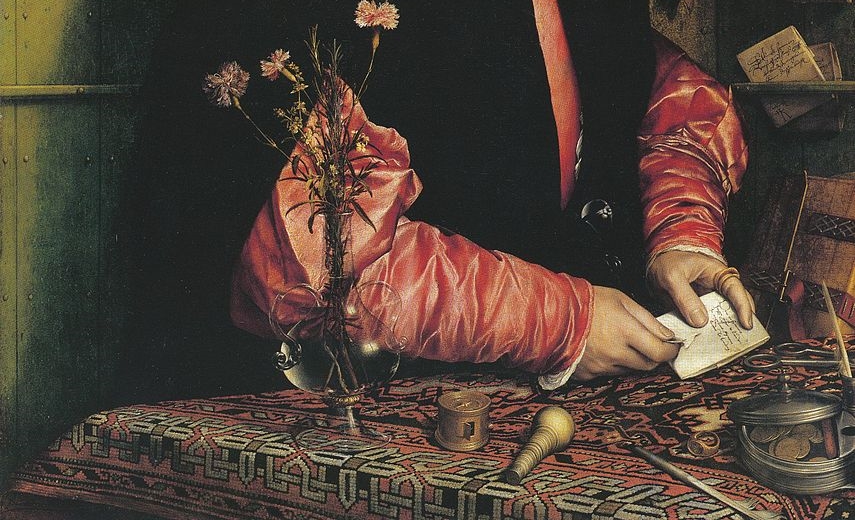Mankind has made unbelievable progress in the last one hundred years. From horse carriages to moon landings, from typhus epidemics to molecular genetics, from conservative patriarchate to gay marriages. One thing does not change though – the suspicion, or even hate towards merchants.
There has been a growing tide of political action against retail chains in Slovakia. It has all started with absurd fines of one million euro for even most minor braches of hygienic rules.
So far, 24 fines, each worth a million euro, have been imposed on retail chains. Currently, the nationalist populists in the government are pressing for a “special levy” on retail chains. Official explanation being that the retail chains have “too high profits”.
One does only need to look into the annual statements of these enterprises to see that this is not true. The average profit margin of the biggest retail chains in the 2013-2016 period is even below the national average. However, such arguments are absurd by default.
The government does not want the companies in Slovakia to be profitable? What else is the symbol of economic success than growing profits? As an economist, I can simply conclude that the proposed levy will cause consumer prices to rise, it will not benefit farmers (who are often presented as the victims of merchants in Slovakia), and will dissuade potential new investors from entering the market in Slovakia. But more should be said about the role of merchants in the economy.
Views on Merchants
New automotive investors (most recently the Jaguar-Land Rover) are welcomed by the government on Slovak soil with utmost joy and enthusiasm. On the other hand, retail is merely “tolerated” in the economy, like a kind of omnipresent weed, or a pest.
This stance is partly reflected in public opinion. Many people believe that a merchant gets money out of the thin air, by stealing from those who have a real job, those who are converting physical matter into products. It has been an ongoing failure of economics that for 150 years it did not manage to transfer the knowledge of subjective value to the society.
British-American economist Richard A. Ratford described in his most renowned paper the economics of a WW2 prisoner-of-war camp from inside, since he himself was in one of them. One of the characters in his paper is a padre, who made circles round the camp and traded the Red Cross parcels with other prisoners.
Some needed more cigarettes, others disliked beans or needed a pencil. After each exchange, his “client” was happier, because he traded what he wanted less for something he desired more. At the end of each day, the padre ended up with a full Red Cross parcel for himself – it was his profit. Despite extracting a whole parcel from other prisoners, everybody was happy.
Subjective value of everebody’s property grew. While the physical amount of products in the camp remained the same, the economic value grew – just by rearranging the distribution of the products.
Role of Merchants
This is the role of merchants in economy. They are actively looking for oversupply in one place to fill the demand somewhere else. Merchants do not decide about the competitiveness of producers, nor should they rule the taste of consumers.
It is one of the most competitive professions, since merchants do not have the advantage of unique products. This counts for retail chains as well. Let us remember the collapse of the Carrefour franchise in Slovakia a few years ago, which hit hard both suppliers and clients.
Smooth trade is a must for a well-functioning economy. It is therefore no wonder that Singapore or Hong Kong achieved such an economic progress in such a short period of time.



